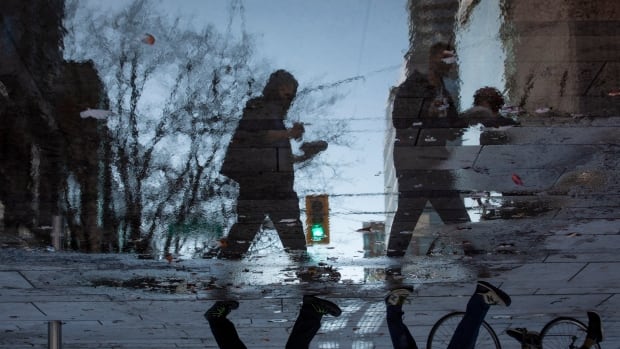A new report from B.C.’s human rights commissioner has confirmed hate-related incidents rose exponentially during the first years of the COVID-19 pandemic, affecting people from every corner of the province during one of the most divisive periods in its history.
The report published Tuesday showed how hate affected people across the province both at home and in public on the basis of race, gender, sexual orientation, religion and more — though the spike in anti-Asian hate was “particularly acute.”
“While hate is not new, the pandemic marks a period in our collective experience that has been filled with fear, mistrust, division and hate,” B.C. Human Rights Commissioner Kasari Govender said at a news conference.
“It is also a period in which we have seen a remarkable degree of collective care,” she added. “Public awareness about racism and its real impacts on the lives of racialized people has grown significantly [and] communities have stepped up to show solidarity to those most affected and to speak out against hate.”
The nearly 500-page report is the result of a comprehensive public inquiry called to examine the root cause of the reported rise in hate during the pandemic and recommend potential solutions. Govender said she believes the inquiry to be the first of its kind in the country.
Incidents ranged from hateful slurs to physical attacks. The report found the government and the criminal justice system haven’t been effective when it comes to holding people to account, for a variety of reasons, but community-based organizations performed better with proper funding.
Community crisis centres, for example, were able to support an increasing number of women experiencing intimate-partner violence during the early months of the pandemic after they received emergency relief funding from Ottawa.
B.C. saw one of largest increases in police-reported hate: report
Hate incidents are defined in the report as hate-motivated actions or words meant to humiliate,…
Read the full article here





